At the core of Mohamed's government program lies a commitment to restoring financial stability and
driving economic growth. Recognizing these as foundational elements for any successful governance
model, his approach emphasizes controlling public finances through rational government spending and
restructuring unnecessary budget items. The program advocates for implementing a strict, gradual,
phased budget that includes comprehensive reviews of government procurement and subsidy systems,
alongside building robust foreign currency reserves to ensure economic resilience.
Mohamed's vision extends beyond mere fiscal discipline to encompass structural reforms and economic
development. His program focuses on improving the business climate to encourage private sector
growth and attract foreign investment—key drivers for sustainable economic development. This
approach recognizes that a thriving private sector creates jobs, generates tax revenue, and
contributes to overall economic stability.
While pursuing economic growth, Mohamed's program maintains a strong commitment to social protection.
His approach involves regulating direct support programs and targeting them to the neediest groups,
while simultaneously expanding the social safety net. The program emphasizes that aid should be
conditional and administered within the budget's capabilities, ensuring sustainability while
addressing critical social needs.
The first phase of Mohamed's government program focuses on stabilization and gradual development
through three key areas:
Transition to Effective Local Governance
This component involves preparing laws related to the transition to local government, taxation,
oversight, and accountability at the local level, while establishing special economic zones to drive
regional development. The goal is to create a foundation for decentralized governance that is
responsive to local needs while maintaining national cohesion.
Supporting Transition to Private Sector Employment
This initiative focuses on encouraging and supporting the transition to private sector employment by
reducing government jobs, offering early retirement options, and providing a guaranteed minimum
income in exchange for relinquishing public employment. This approach aims to create a more dynamic
labor market while ensuring social protection during the transition.
Motivation and Support Systems
The program emphasizes creating motivation and support systems by removing legal obstacles, providing
training and incubation services, and stimulating private financing to enable economic growth. This
comprehensive approach recognizes that economic development requires both removing barriers and
providing positive incentives for growth.
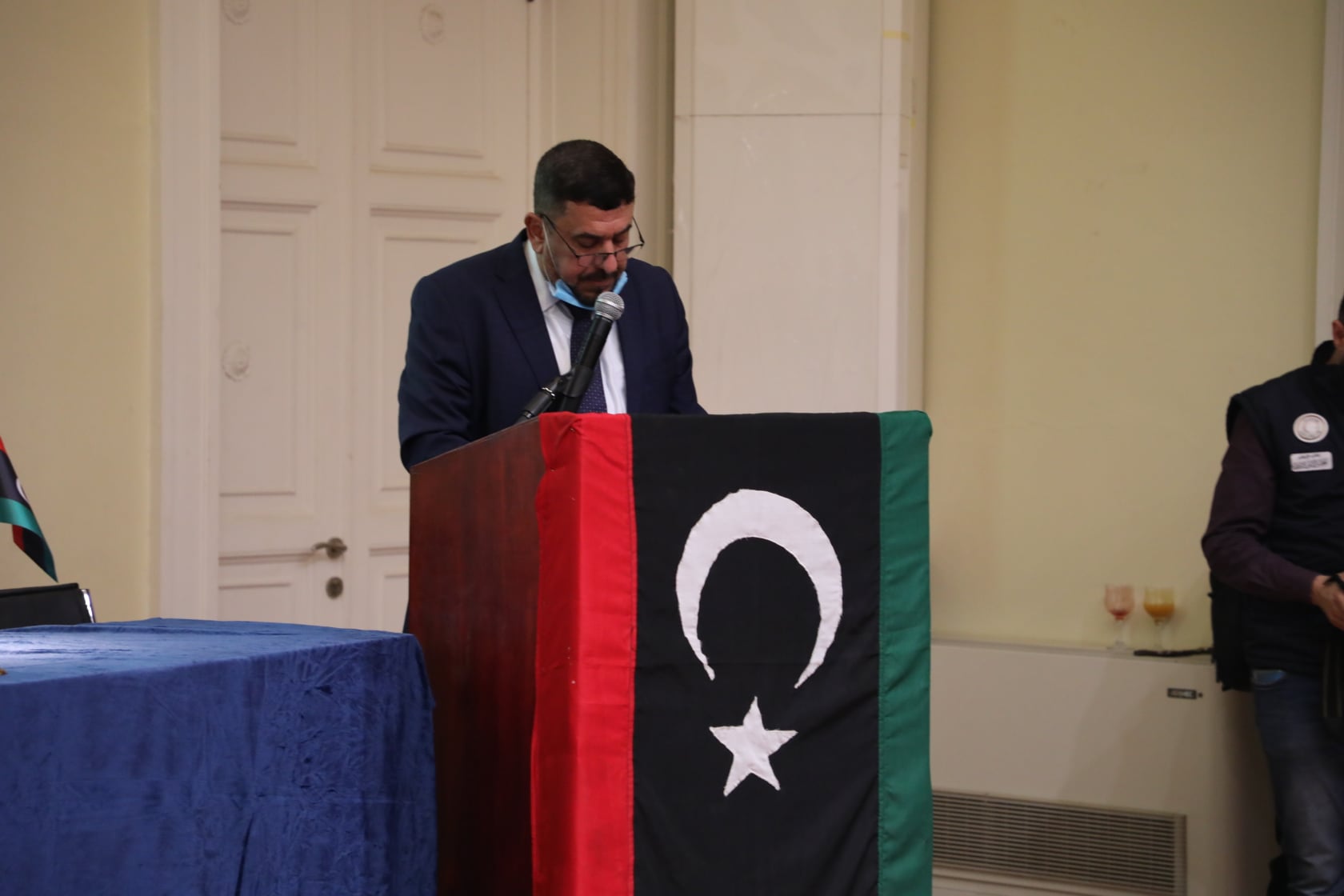
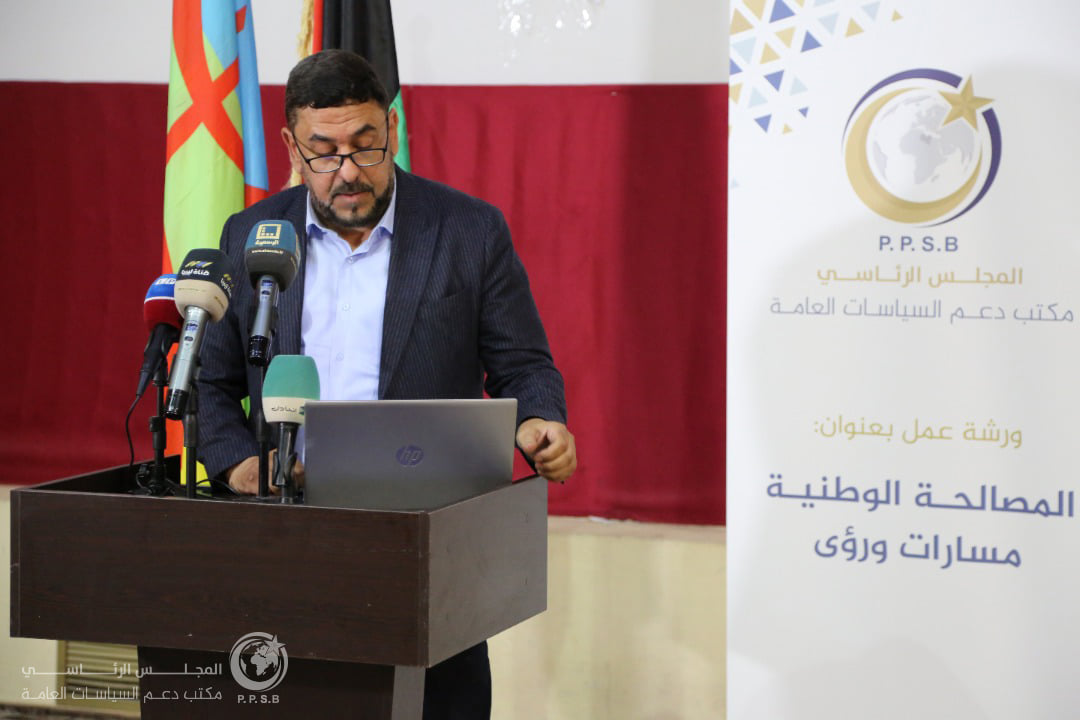
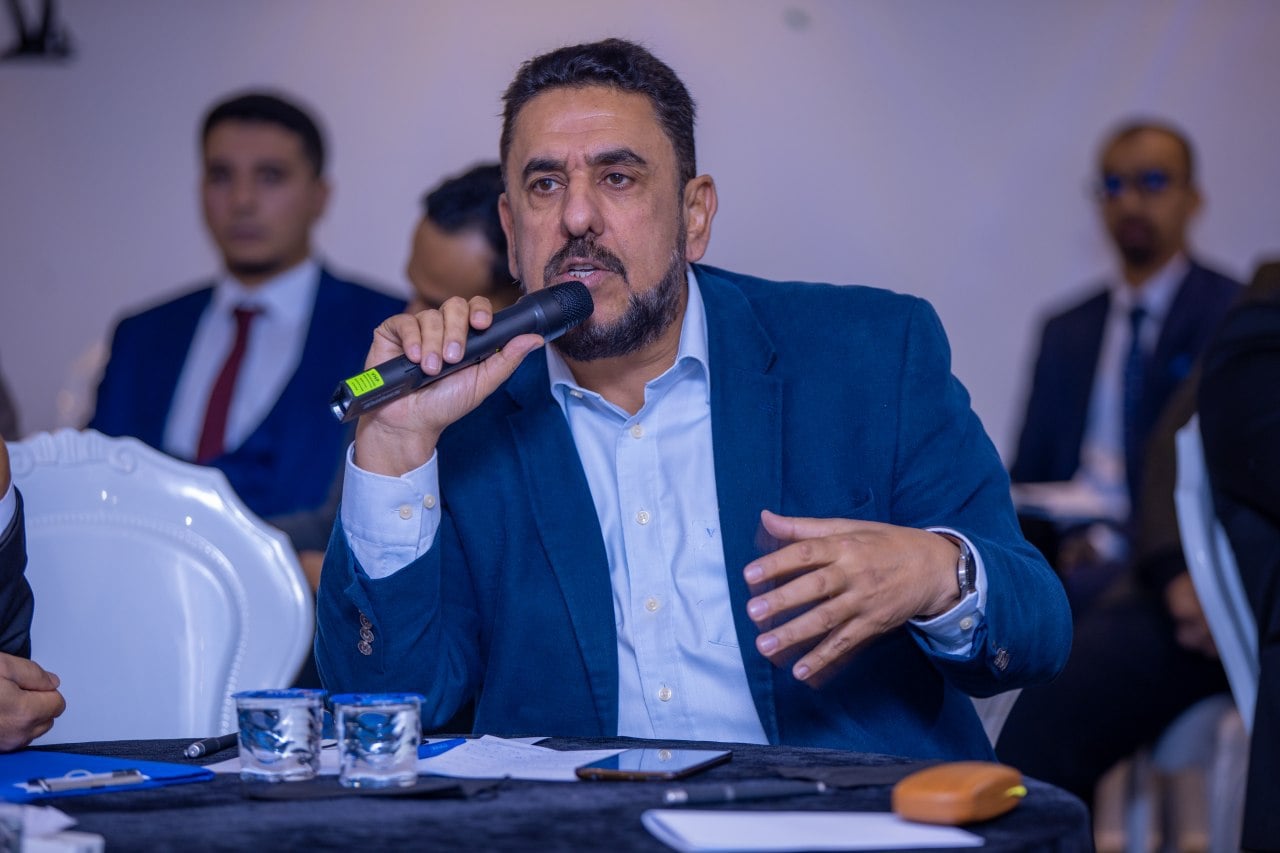
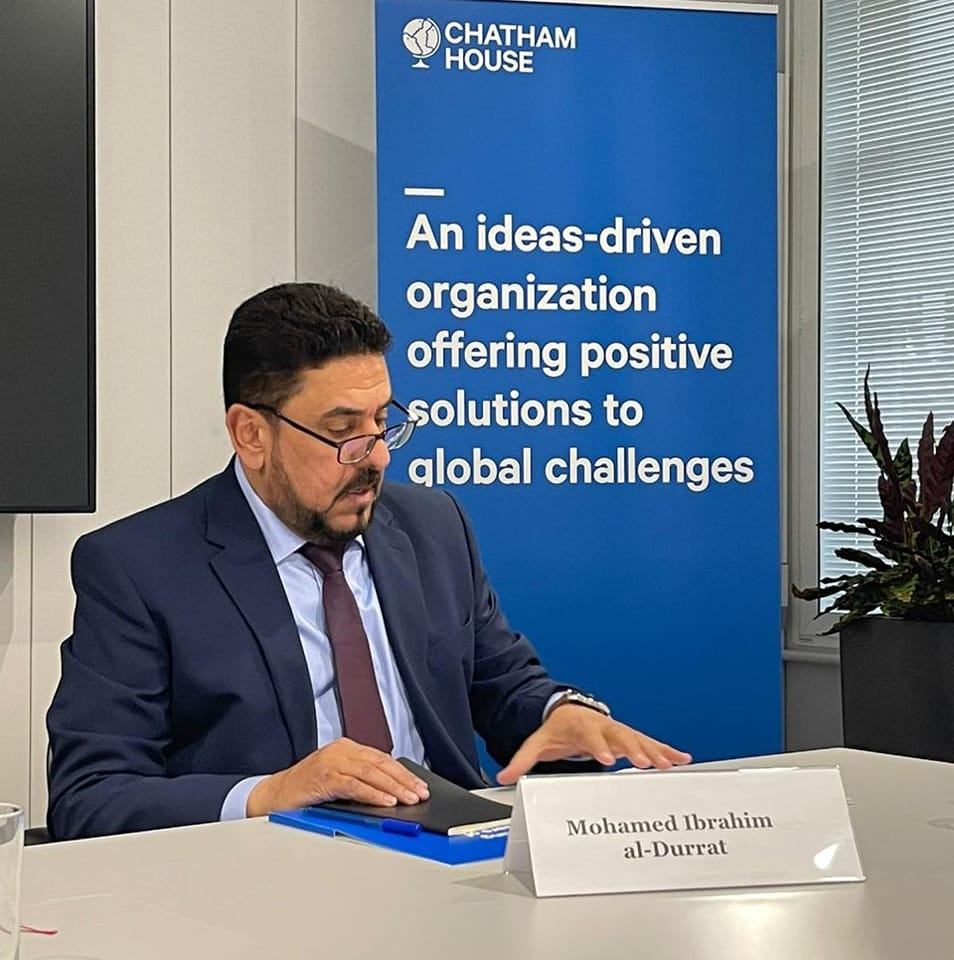
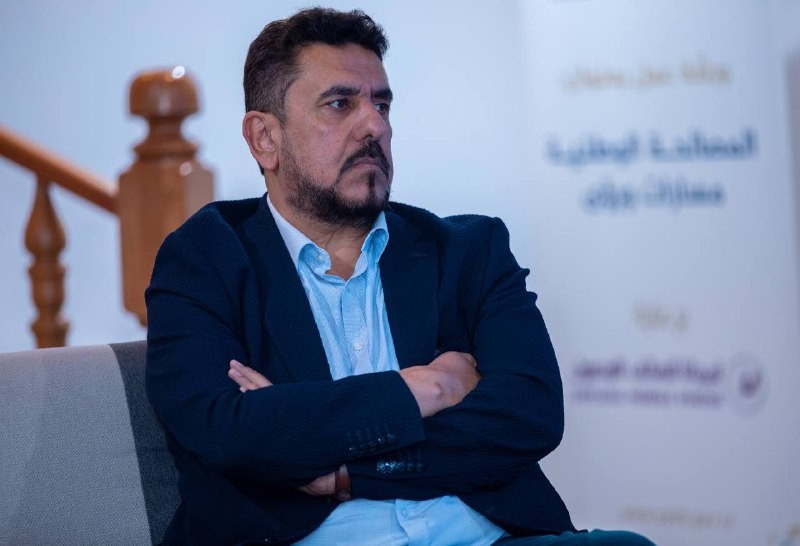
.jpg)
.jpg)